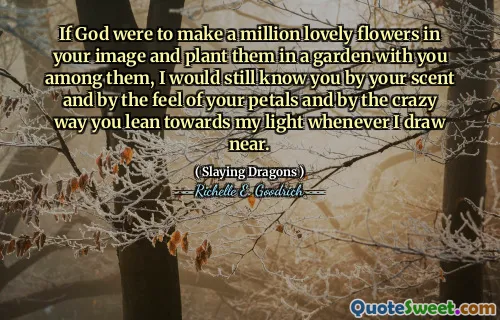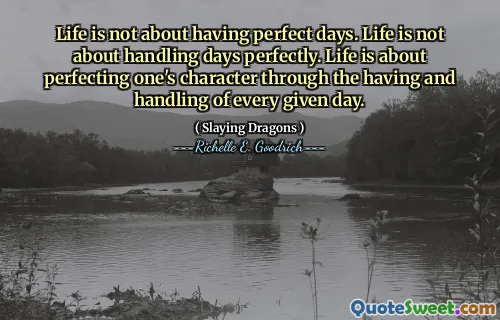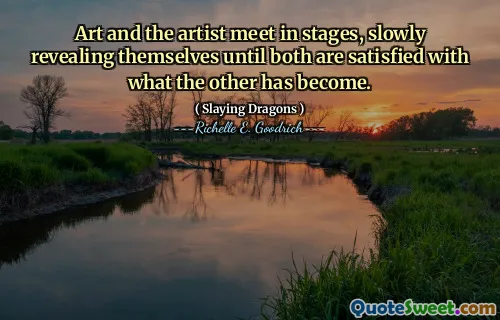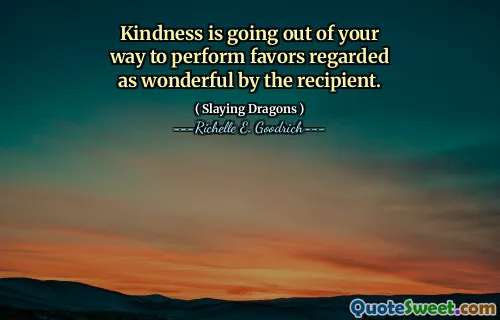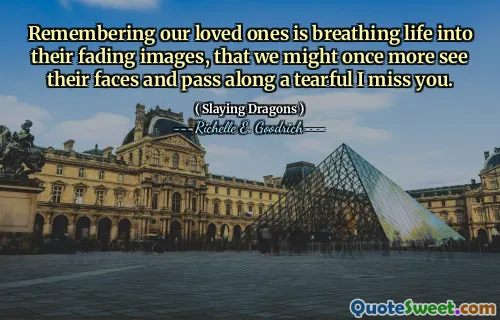
Art and the artist meet in stages, slowly revealing themselves until both are satisfied with what the other has become.
This quote beautifully encapsulates the evolving relationship between an artist and their art. It acknowledges that creating art is not an instantaneous process, but rather a gradual journey of discovery and mutual transformation. The metaphor of meeting in stages suggests that both the artist and the artwork grow alongside each other, each influencing and shaping the other. This reciprocal process highlights the dynamic nature of creation, where the artist probes deeper into their vision, refining and revising until the work gradually takes form. Meanwhile, the art itself reveals new facets and insights back to the artist, perhaps challenging expectations or inspiring fresh perspectives.
The idea that both must be "satisfied with what the other has become" underlines a profound harmony — a balance achieved through patience, perseverance, and openness to change. It acknowledges that the creative process is not solely about the artist imposing their will but about allowing the work to evolve organically, to find its own identity. This mutual satisfaction is an artistic climax, signifying a moment when the artist's intentions and the artwork's essence align perfectly.
Moreover, this quote resonates beyond art itself, speaking to all creative or developmental endeavors where the creator and the creation define and redefine one another continuously. It serves as a gentle reminder that creativity is less about achieving perfection at once, and more about progressing through stages, embracing uncertainties, and cultivating a dialogue between the creator and their creation. It encourages patience and trust in the unfolding process, celebrating the journey as much as the destination.
"Slaying Dragons" by Richelle E. Goodrich powerfully encapsulates this truthful embrace of artistic evolution and the intimate, ongoing dance between artist and art.
